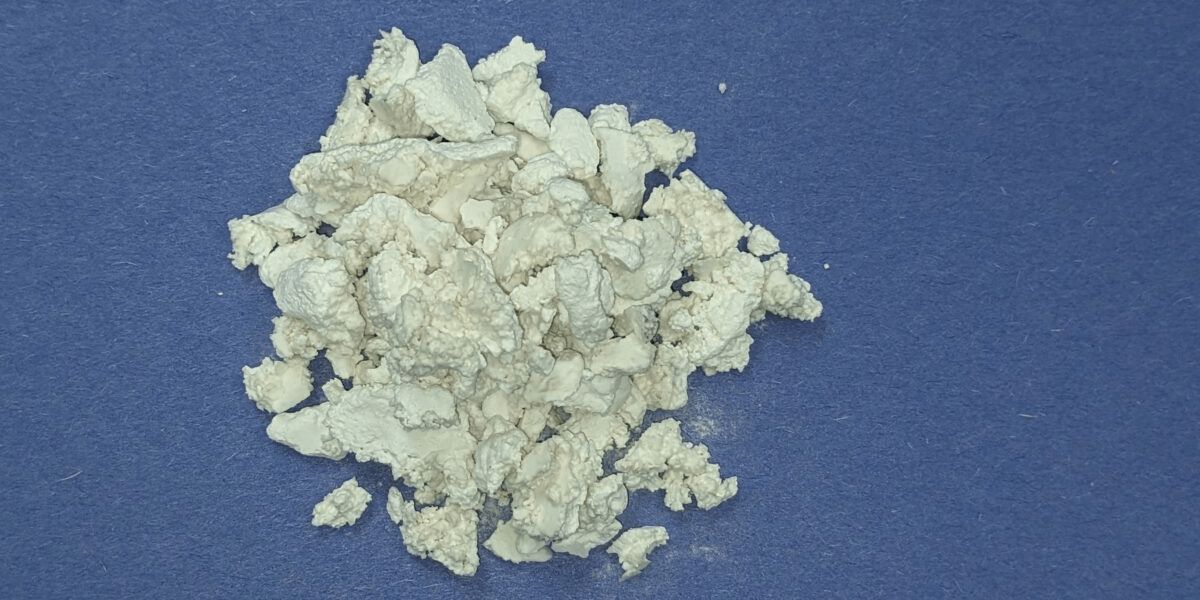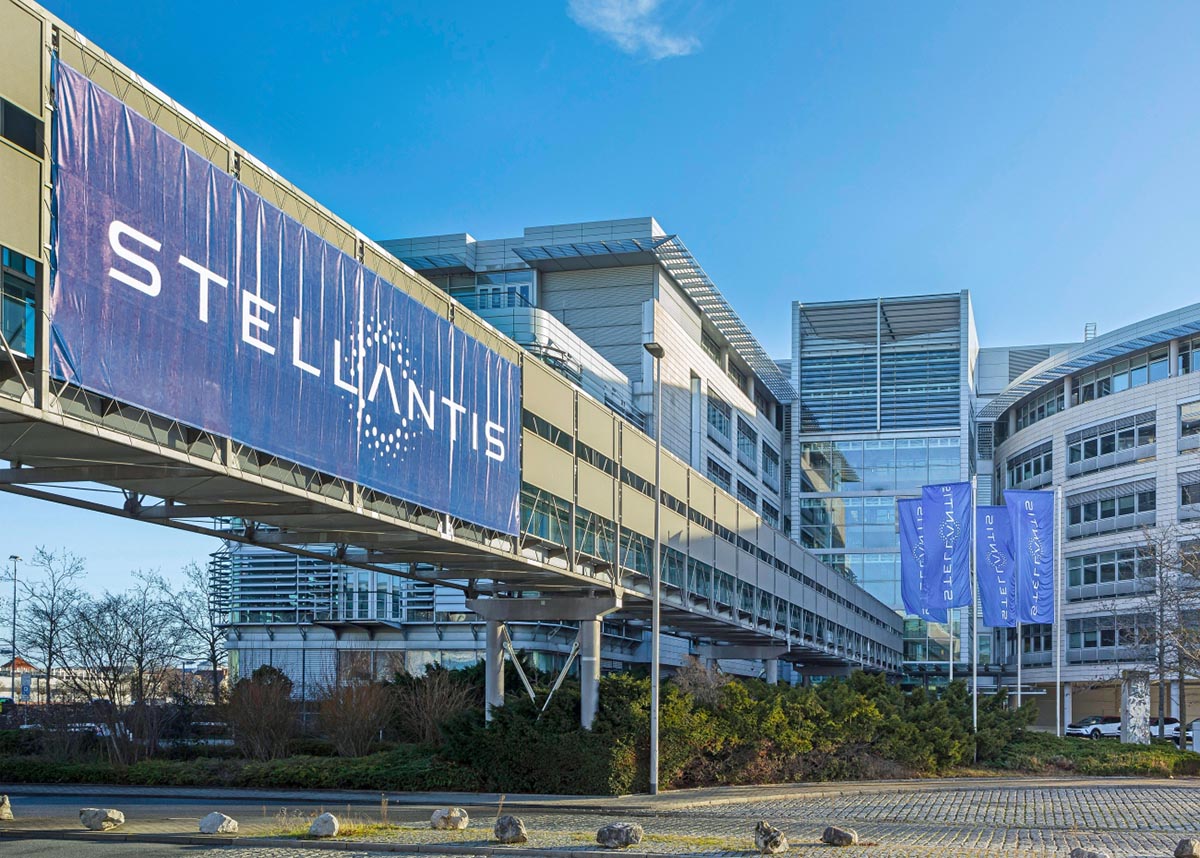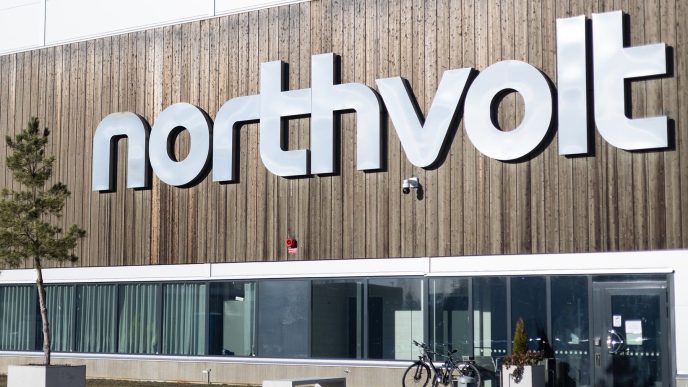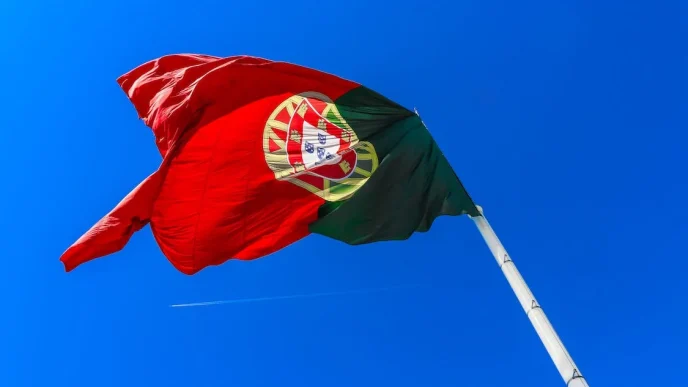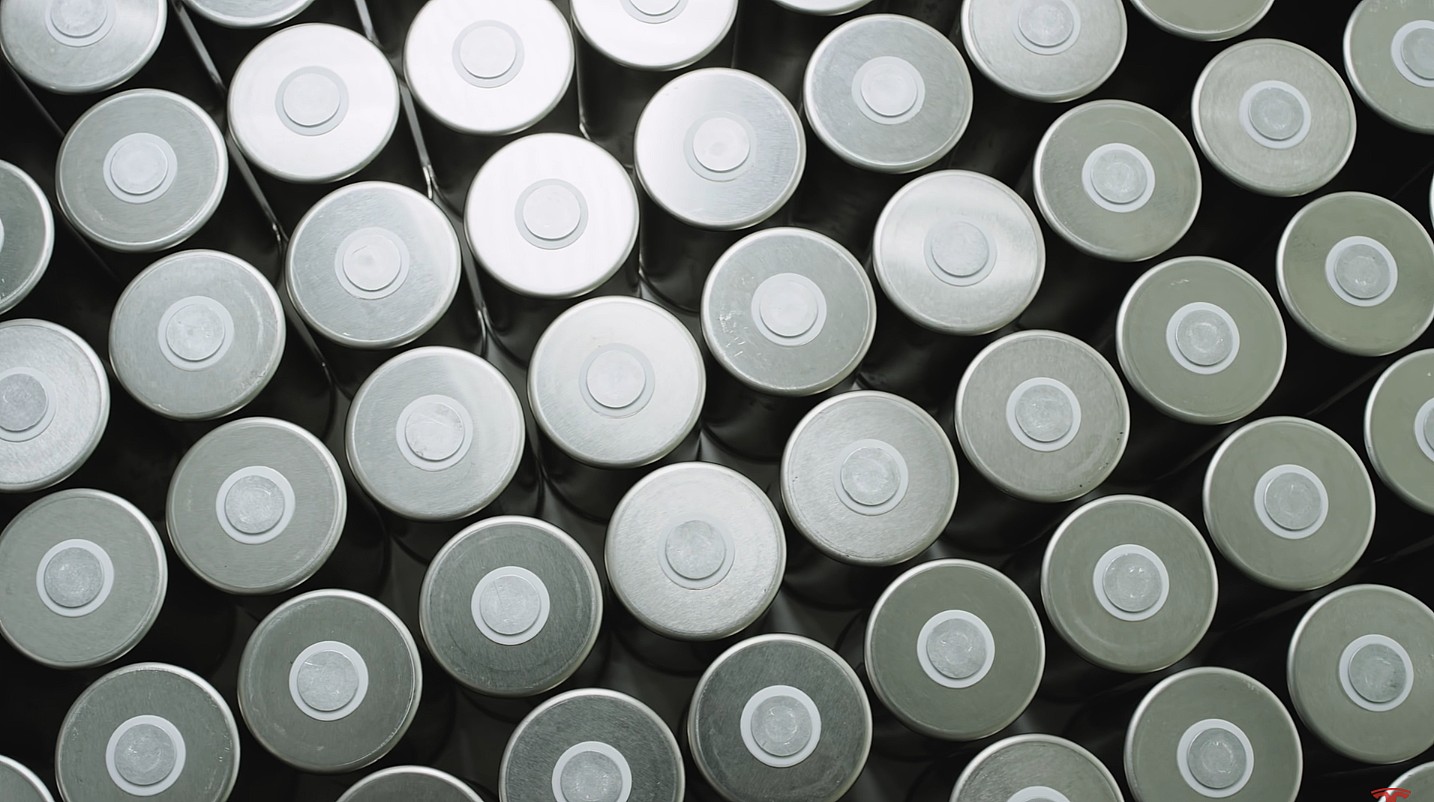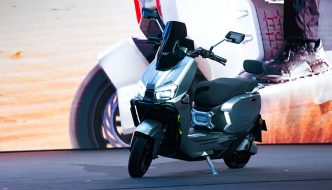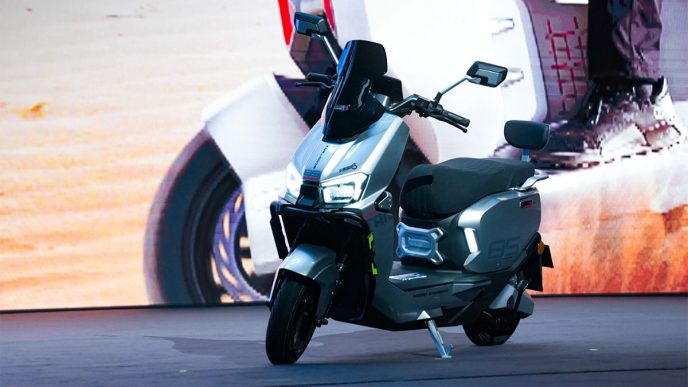A Chinese consortium led by CBC has signed a landmark agreement with Bolivia to invest at least $1 billion in constructing two lithium extraction plants in the Uyuni salt flat, a key site within the lithium triangle shared by Bolivia, Chile, and Argentina.
The Bolivian government, which will hold a 51% stake in the extraction plants, aims to leverage the project to boost its standing in the global lithium market. According to Omar Alarcon, head of Bolivia’s state-run lithium company YLB, the two facilities are expected to produce a combined 35,000 metric tons of lithium annually.
“This service contract will develop a final design for engineering, construction, operation, and maintenance of a plant that will produce 10,000 tons of lithium carbonate per year and another plant producing 25,000 tons of battery-grade lithium carbonate per year,” Alarcon announced during a press conference.
The CBC consortium, which includes battery giant CATL, will fully finance the project’s initial construction costs and apply its proprietary technology to the extraction process. The investment underscores China’s push to secure critical mineral resources essential for electric vehicle (EV) batteries.
While the Bolivian plants are poised to bolster China’s position in the global EV supply chain, geopolitical uncertainties loom. President-elect Donald Trump has signaled potential restrictions on Chinese products, which could complicate CATL’s ambitions to expand into the North American market. Despite this, CATL remains optimistic about gaining approval for its U.S. operations.
The Uyuni project represents a significant step for Bolivia in advancing its lithium industry, while offering CBC and its partners a strategic foothold in the burgeoning EV market.

